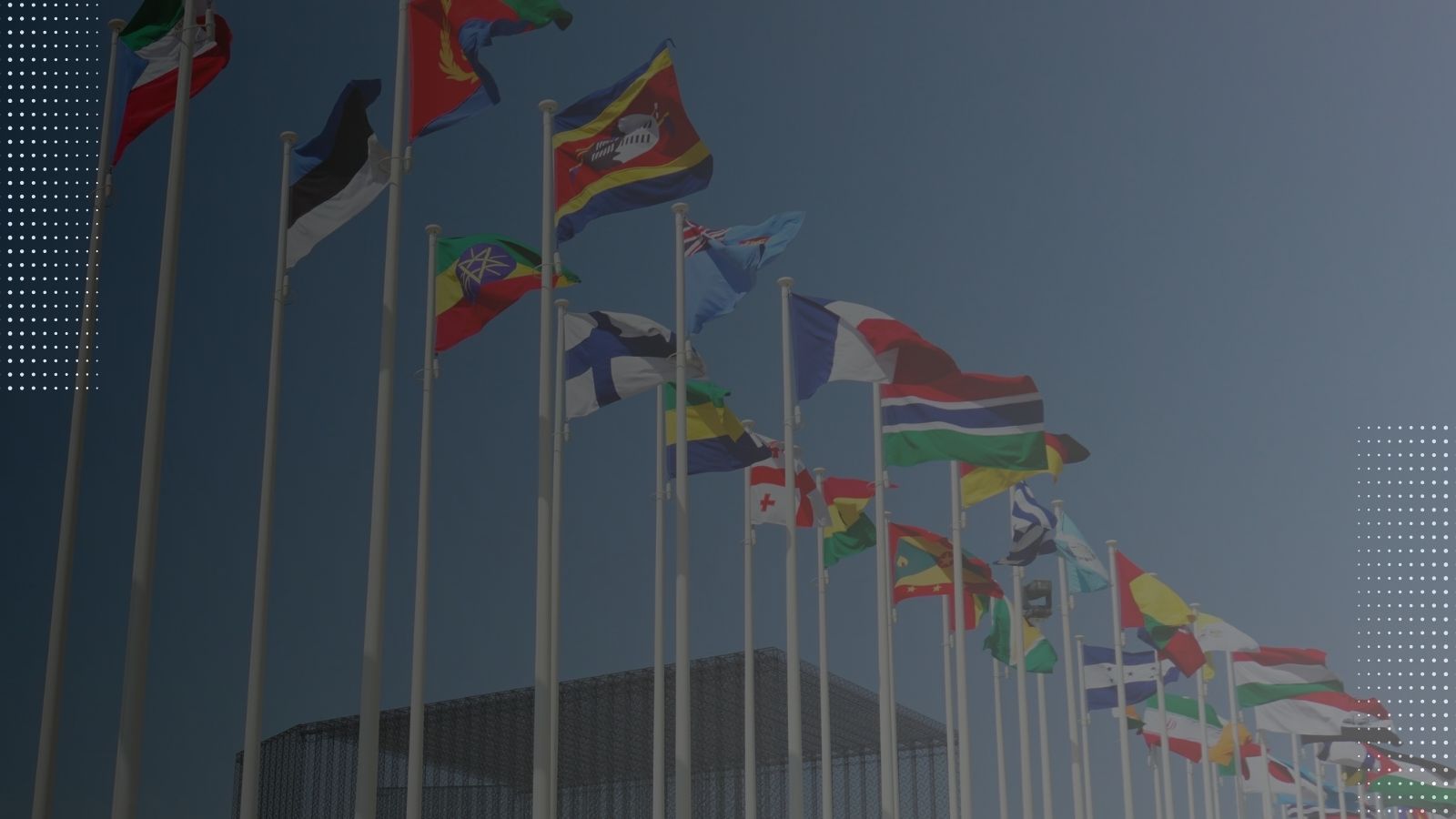In a world grappling with the dire consequences of climate change, the United Nations Climate Change Conference, or COP28, is set to take center stage in Dubai. It marks the 28th installment of this vital UN climate conference, where world leaders, experts, and advocates convene to address the global climate crisis.
When and Where?
COP28 is scheduled to run from November 30 to December 12 in Dubai, United Arab Emirates. This dynamic city, a hub of international collaboration and innovation, will host the event in Expo City, a future-oriented enclave connected to the heart of the city via metro.
What Is COP28?
COP, an abbreviation for “Conference of the Parties,” refers to the annual United Nations Climate Change Conference. It has been taking place since 1995, providing a platform for leaders, experts, and policymakers to discuss climate issues on a global scale. The COPs bring together signatories of the United Nations Framework Convention on Climate Change (UNFCCC), a treaty aimed at addressing climate change. With virtually every nation on board, the COP meetings are essential for worldwide climate action.
Why Is COP28 So Important?
COP28 arrives at a critical juncture. Climate scientists project that 2023 is likely to become the hottest year on record, emphasizing the urgency of the situation. The Paris Agreement, established during COP21, set the goal of keeping global warming below 1.5 degrees Celsius above pre-industrial levels. However, achieving this objective has proven challenging. The world grapples with extreme weather events, rising temperatures, and the ongoing impact of climate change.
The agenda for COP28 includes a paramount focus on accelerating the transition to sustainable energy sources and addressing the unsustainable use of fossil fuels. While the European Union is pushing for a groundbreaking deal to phase out unabated global coal, oil, and gas usage, other nations, including major fossil fuel producers and developing countries, may contest this approach.
At the heart of COP28’s discussions is the need to assess countries’ progress in meeting their Paris Agreement commitments. A “Global Stocktake” will offer a comprehensive evaluation of nations’ efforts to limit global warming.
Loss and damage funding, a pivotal component of climate finance, will also be on the agenda. While COP27 achieved a major milestone by establishing such a fund, discussions on its operationalization continue.
Additionally, the EU aims to advocate for the gradual reduction of “inefficient” fossil fuel subsidies, which surged globally in 2022.
The Role of the UAE
Dr. Sultan Al Jaber, the CEO of the Abu Dhabi National Oil Company (ADNOC) and the UAE’s Special Envoy for Climate Change, leads COP28. This choice has sparked controversy, as it marks the first time a CEO of an oil company has presided over the conference. Despite the skepticism, some experts believe that COP28 offers a promising path to accelerate the transition away from fossil fuels and restructuring climate finance.
Dubai’s host city status also raises questions due to human rights concerns. While the UAE asserts that climate activists will be allowed to protest peacefully, human rights organizations remain wary of the state’s approach to dissent.
COP28 in a Nutshell COP28 is a critical event that provides a platform for countries, organizations, and experts to address climate change. Its significance lies in the urgency of climate action, the ongoing challenges in phasing out fossil fuels, and the need for countries to fulfill their commitments under the Paris Agreement.
In a world facing the devastating impacts of a 1.1-degree Celsius temperature increase, COP28 presents a vital opportunity to propel the global community towards a safer, more sustainable future.





